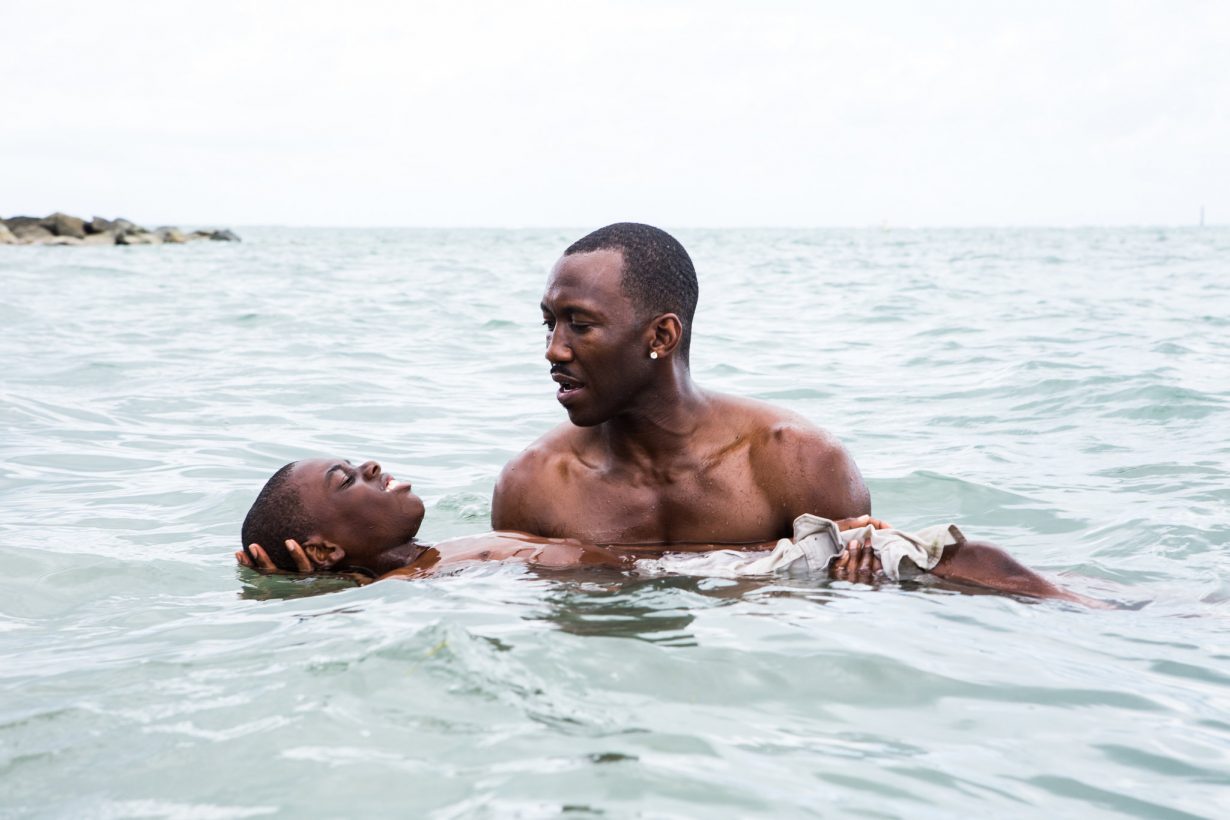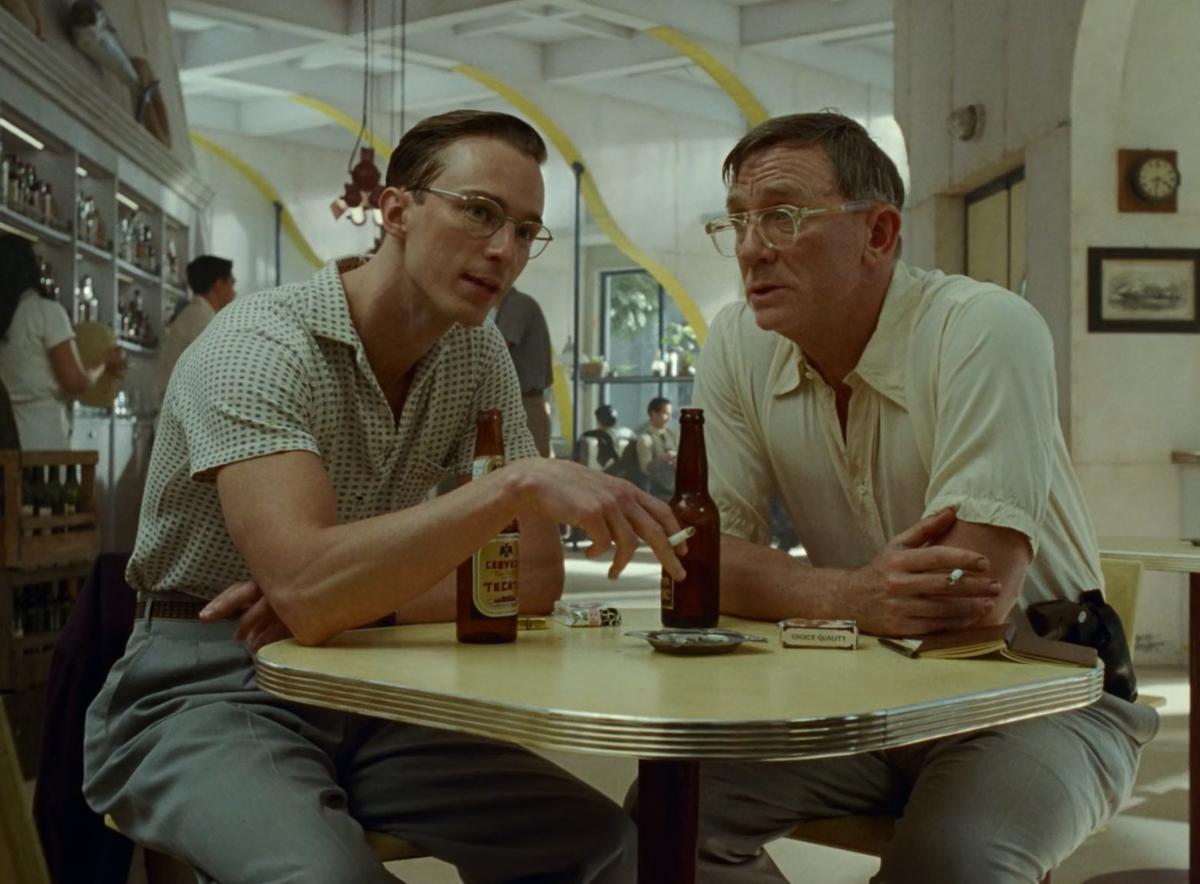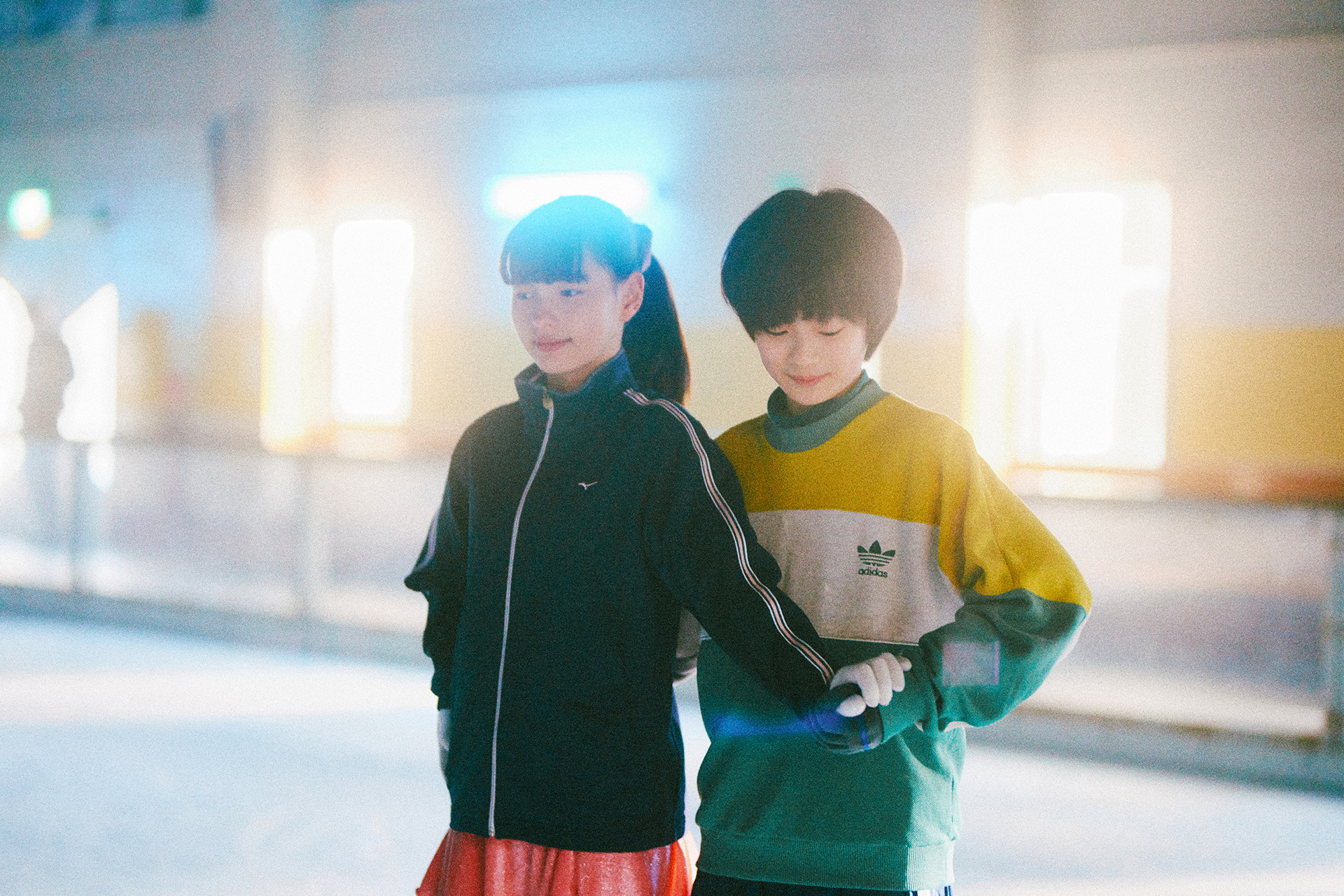In a world in which everything is available and everything is on the surface, a new film argues for something deeper and more subtle
Blades scratch across ice; breath curls in icy air; the self is reflected in a series of mirrors. This is Hiroshi Okuyama’s coming-of-age film My Sunshine (2024). It begins when Takuya (Keitatsu Koshiyama), a shy boy living on a snowy remote island in northern Japan, discovers Sakura (Kiara Nakanishi) figure-skating at the ice rink of their small town. Her graceful movements leave Takuya spellbound. Soon after, Arakawa (Sosuke Ikematsu), a gay former ice-skating champion who now makes a living coaching in the town, spots Takuya clumsily attempting to imitate Sakura and offers to train him alongside her, for free. From there, the slow-burning narrative captures what it’s like to be a misfit in an emotionally repressive, heteropatriarchal culture, where simple pleasures – gliding in a pair of skates, searching for a brief release from the weight of life – must be quietly protected.
My Sunshine’s minimalism – its sensitivity to words unspoken, to ambience – evinces a tender effort to protect the small, fleeting moments of queer joy it portrays. Much of the film focuses on the three skating indoors and outdoors amid a frosty palette of pale blues, ashen whites and the soft greys of low winter light, capturing not only the winter snowscape, but also the diffuse, subtle emotional states of the characters, whose feelings are often buried deep. With a muted visual and emotional palette, the story moves with the softness of falling snow: without signs of melodrama or theatrical spectacle. There are no confrontations, no declarations, no redemptive arcs, only the slow unravelling of joy, shifting inevitably towards quiet disappointment: Sakura stops training with Arakawa, forcing him to move town and leave behind his partner, who runs a local gas station, to search for a new job. Takuya in turn abandons his dreams of skating, retreating into ice hockey – a safe, masculine space, but one that he does not love. The audience is left guessing: is Sakura’s withdrawal motivated by jealousy – she finds herself in competition with Takuya for her teacher’s affection – or by the stereotypes projected onto Arakawa’s queer identity, as when she confronts him in the changing room after witnessing him and his partner sharing an ice lollipop in a car: “Do you like getting a boy to do a girl’s sport?” Throughout the film, the camera lingers at a distance, observing the characters like a silent stranger in the stands, and Okuyama chooses to resist any form of narrative closure, sketching instead possibilities and potentials.
Okuyama’s minimalist restraint encourages ambiguity and moral complexity. In a cultural moment increasingly attuned to questions of power, care and consent, coming-of-age films such as My Sunshine, which joins the ranks of predecessors like Barry Jenkins’s Moonlight (2016) and Luca Guadagnino’s Queer (2024) and Call Me by Your Name (2017), frequently grapple with the emotional and ethical nuances these themes entail. It is not clear, for example, whether Takuya’s fascination with Sakura is rooted in romantic interest, platonic admiration or a deeper attraction to the art of figure skating itself, even though, in the eyes of their small-town peers, the image of them dancing as a pair expresses little more than heterosexual puppy love. Okuyama leaves that to the audience. Indeed, one might argue that, ultimately, the film is an invitation to resist trying to decode the adolescent’s every action; to get comfortable with not knowing. This resistance to translation becomes a quiet protest, one that insists that opacity and hesitation can be more compelling than clarity.

At the same time, why does Arakawa pair the inexperienced Takuya with the more seasoned Sakura? The bond between Arakawa and Takuya also drifts between mentorship, mutual admiration and a quiet intimacy that resists definition. My Sunshine avoids reducing queerness to identity, orientation or even romantic connections. Queerness here is about desiring and withholding, relationships that drift between care, longing and unspoken yearning: a hand adjusting a wrist, a palm pressed gently against the back, a gaze held just a beat too long. The film lingers in this ambiguity, allowing care and discomfort to coexist. The line between guidance and intimacy, between admiration and projection, is never clearly drawn, only traced in passing under faint fluorescent lights.
There are parallels between My Sunshine and Jenkins’s Moonlight, which traces the life of Chiron, a young Black boy navigating his queer identity while growing up poor in a drug-ridden neighbourhood of Miami. One recalls, for instance, the striking scene at the beach when Chiron’s mentor Juan teaches him to swim by holding him like an infant in the water, and the way Juan’s girlfriend Teresa also comes to care for Chiron and even offers him financial support; these acts of care are complicated by the fact that Juan is a drug dealer who sells crack cocaine to Chiron’s mother, whose addiction contributes to her neglect and abuse of Chiron. Here, as in My Sunshine, love, protection, projection and dependency are all entangled, and the ethical quandary presented in Arakawa and Takura’s bond – the power imbalance between teacher and pupil, their age difference and the unspoken economic arrangement between them – calls popular films like Moonlight back under examination, making viewers better attuned to the ways in which the latter resists moral certainty.

Here we also find echoes of Guadagnino’s Queer. Based on a novel by William S. Burroughs and set in 1950s Mexico City and Ecuador, the film follows the romance between William Lee, a man in his late forties, and twenty-one-year-old Eugene Allerton. When Queer was released, some audiences expressed discomfort with the power dynamics at play – particularly Lee’s financial control, as he pays for Allerton’s travels and offers to cover his debts. Others, however, view the relationship as consensual and argue that Allerton ultimately holds more power: he accepts Lee’s affection while remaining emotionally detached, and eventually chooses to leave him. Power, in both Queer and My Sunshine, is not solely determined by age, gender or financial means, but by more intricate interpersonal dynamics.
In one scene, Arakawa lies beside his partner in bed and confesses, almost to himself: “I envy him [Takuya] being in love, so deeply and sincerely.” This may refer to Takuya’s passion for skating, his affection for Sakura or, more broadly, his capacity to love openly and whole-heartedly. Shaped by the burdens of survival and adult compromise, Arakawa guards his heart, wary of the cost of feeling too much, too deeply. Takuya, being an adolescent living under his parents’ roof, is freer than Arakawa in a mental, emotional and financial sense. Okuyama’s treatment of power vis-à-vis economics recalls a monologue in Guadagnino’s earlier Call Me by Your Name, which follows a romantic relationship between a seventeen-year-old named Elio and a twenty-four-year-old named Oliver. Near the end of the film, Elio’s father says, “We rip out so much of ourselves to be cured of things faster than we should that we go bankrupt by the age of thirty… But to feel nothing so as not to feel anything – what a waste.” Both Guadagnino and Okuyama speak not only of romance or intimacy, but also to a need to protect one’s capacity to pursue and be consumed by passion, even – and perhaps especially – when that means contending with love’s moral complexities.
From the Autumn 2025 issue of ArtReview Asia – get your copy.
Read next: Should we celebrate queer theory going mainstream?
